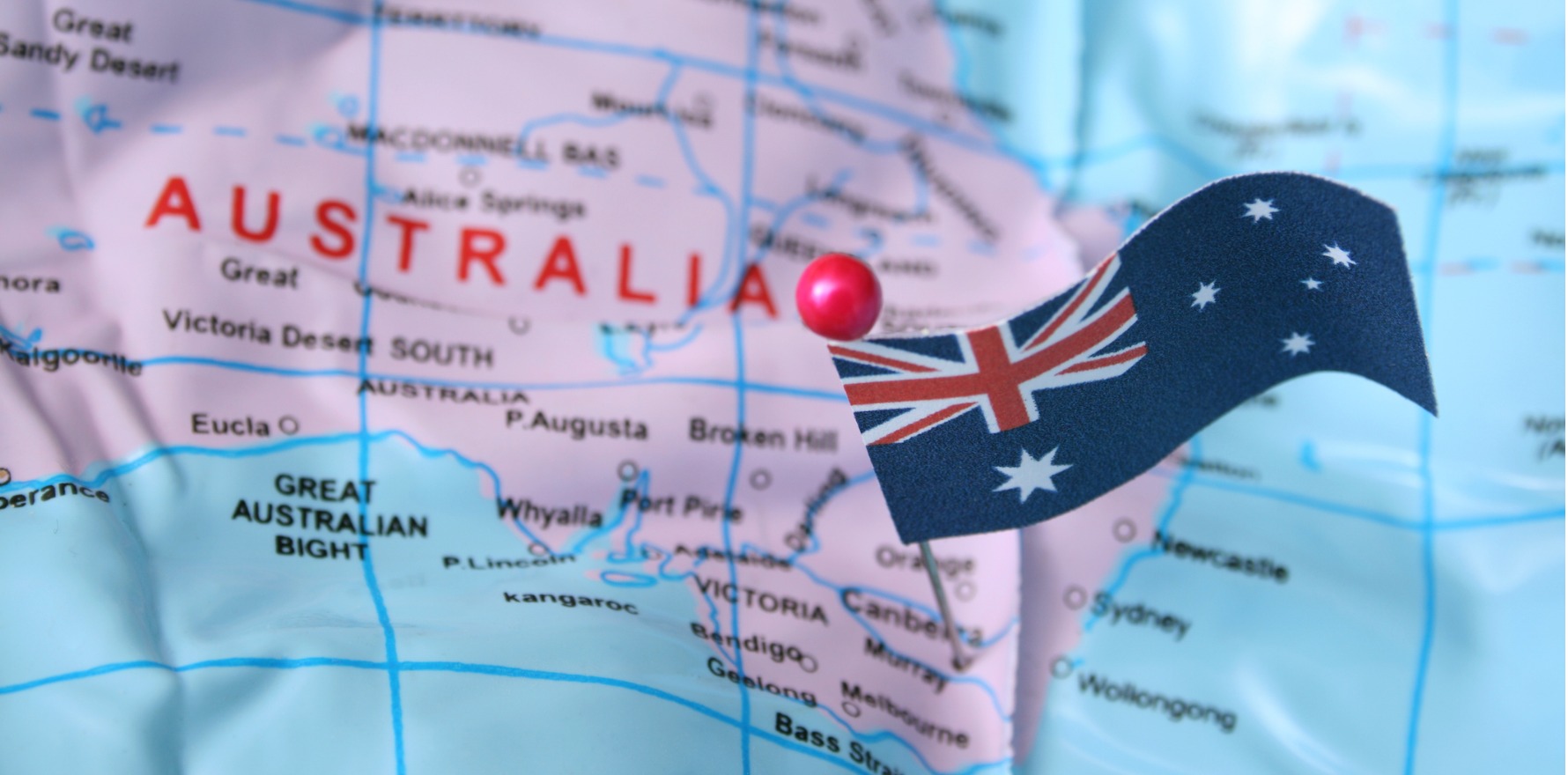Maternity leave for GP registrars, training places for ACRRM and the other asks ahead of budget night.
There are just six sleeps until the federal budget is handed down, and Health Minister Mark Butler has not given any hints as to what GPs and the health sector at large can expect.
While the $3.5 billion investment in tripling the bulk billing incentive was kept under wraps until budget night last year, Mr Butler unveiled several key initiatives in the weeks leading up to it.
He had also dropped plenty of hints that the budget would prioritise Medicare reform.
This year, though, he’s been quiet on whether primary care can expect a boost.
If he’s planning on jumping out of a bush with a surprise announcement pre-budget, Mr Butler is running out of time.
Here’s a cheat’s guide to the main asks for this year.
Maternity leave for GP registrars was arguably the most consistent ask from the primary care peak bodies this year.
The RACGP, General Practice Registrars Australia and the AMA have all come out with their own vision for what a portable entitlements scheme should look like.
In brief, the GPRA proposal for a self-sustaining industry endowment is the cheapest and covers the least leave, the RACGP’s idea is the most expensive and the AMA proposition is in the middle.
While they vary in their particulars, all three proposed initiatives would solve the problem faced by GP registrars who lose all their accrued leave entitlements every time they rotate to a new practice.
Hospital-based registrars, who are employed by the state for the entirety of their training, do not face this issue.
There are two other big asks in relation to GPs in training: the RACGP suggested one-off $32,000 payments to first-year GP registrars and ACRRM requested a further 100 rural generalist training scheme places.
Related
On the flip side of the training coin, ACRRM, the Rural Doctors’ Association of Australia and General Practice Supervision Australia have all called for targeted funding for GP supervisors.
Right now, GP training largely relies on supervisors working for free; only certain activities, like group meetings and lectures, are remunerated.
While training practices do get a subsidy and teaching allowance, they may not necessarily pass that on to the GP supervisor.
The RACGP and AMA have also requested the resumption of a longitudinal primary care data collection project akin to BEACH.
The RACGP is alone in calling for an increase to the Workforce Incentive Program – Practice Stream payments to support pharmacists in general practice.
Other miscellaneous asks include:
- Annual universal child health checks, requested by the RACGP
- Rural Integrated Multidisciplinary Health Services, an ACCHO-style model of care requested by the National Rural Health Alliance
- Pharmacist-led consultation services, requested by the Pharmaceutical Society of Australia
- Disaggregation of PBS spending data, requested by Medicines Australia
- Increasing the Medical Research Future Fund to $973m, requested by Research Australia
- Allowing pharmacy students access to the HELP program for rural doctors and nurses, requested by the Pharmacy Guild of Australia






